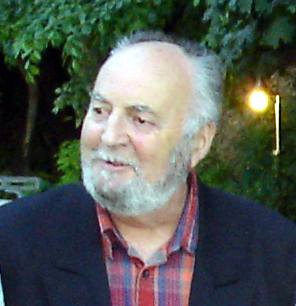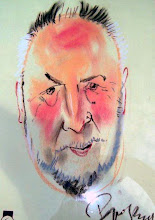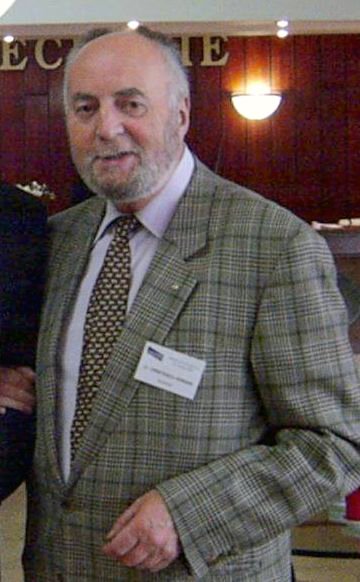vineri, 10 decembrie 2010
Green's Operative Hand Surgery 2010
Surgical Approaches to the Brachial Plexus
Authors’ Philosophy for C5-6 Injury
In the majority of patients with C5-6 loss of function, we explore the brachial plexus and perform intraoperative recordings. In a patient with a nonrecovering postganglionic injury (i.e., a postganglionic neuroma-in-continuity with a negative NAP or a postganglionic nerve rupture), we typically reinnervate the shoulder by using interpositional grafts between the C5 nerve stump and the posterior division of the upper trunk and suprascapular nerve. Another option that we may use for shoulder reinnervation is an interpositional graft between the C5 nerve stump and the posterior division of the upper trunk combined with transfer of the spinal accessory nerve to the suprascapular nerve. In patients in whom a functional C5 nerve stump is not identified or in those explored late (more than 6 to 9 months after injury), we perform double nerve transfers (to axillary and suprascapular nerves) for shoulder reinnervation. Our preferred technique include a spinal accessory nerve transfer to the suprascapular nerve and a triceps motor branch transfer to the anterior motor branch of the axillary nerve...
usw...
Authors’ Philosophy for C5-6 Injury
In the majority of patients with C5-6 loss of function, we explore the brachial plexus and perform intraoperative recordings. In a patient with a nonrecovering postganglionic injury (i.e., a postganglionic neuroma-in-continuity with a negative NAP or a postganglionic nerve rupture), we typically reinnervate the shoulder by using interpositional grafts between the C5 nerve stump and the posterior division of the upper trunk and suprascapular nerve. Another option that we may use for shoulder reinnervation is an interpositional graft between the C5 nerve stump and the posterior division of the upper trunk combined with transfer of the spinal accessory nerve to the suprascapular nerve. In patients in whom a functional C5 nerve stump is not identified or in those explored late (more than 6 to 9 months after injury), we perform double nerve transfers (to axillary and suprascapular nerves) for shoulder reinnervation. Our preferred technique include a spinal accessory nerve transfer to the suprascapular nerve and a triceps motor branch transfer to the anterior motor branch of the axillary nerve...
usw...
Intraoperative Imaging
Edited by M. Necmettin Pamir, Volker Seifert, Talat Kırıs
Acta Neurochirurgica Supplement 109
http://ifile.it/cxzqwdt
Acta Neurochirurgica Supplement 109
http://ifile.it/cxzqwdt
2010
Ce de treaba am de facut dupa ce voi muri. Cu binele nu am schimbat nimic pina acum. Daca in Romania nu exista constiinta profesionala, aceste carti nu folosesc la nimic bun.
joi, 9 decembrie 2010
Abonați-vă la:
Comentarii (Atom)


